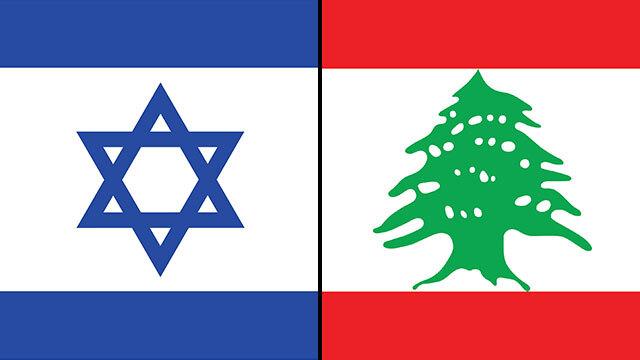After more than four months of indirect negotiations, representatives from both sides will come to the United Nations Peacekeeping Force headquarters in Naqoura, on the southern border, to bring into force the final document of the maritime dispute.
The unified position of the highest authorities of the State, the Government, and the Parliament of Lebanese and Hezbollah, defended the rights of Lebanon to benefit from its natural resources.
After approving the version of the agreement, presented by the US mediator, Amos Hochstein, on the 13th, the President of the Republic, Michel Aoun, announced the advantages of the pact, and stated that Lebanon did not enter into any kind of normalization with Israel.
Since the resumption of indirect negotiations last June, Hizbullah has supported Lebanon’s position and assured that it has the human and military capacities to maintain the country’s adherence to benefit from its economic zone despite Tel Aviv’s ambitions.
On more than one occasion, the Defense Minister of Israel Benny Gantz alluded to a military confrontation, and opposition leader Benjamin Netanyahu constantly attacked Prime Minister Yair Lapid, calling him a coward for yielding to Lebanon.
For the Lebanese economist Ziad Nasreddine, the issue of oil and gas is not only linked to the limits of the border, but also in consolidating and fixing Lebanon’s rights, based on the main equation of “breaking the US embargo”.
jrr/llp/rob/yma










